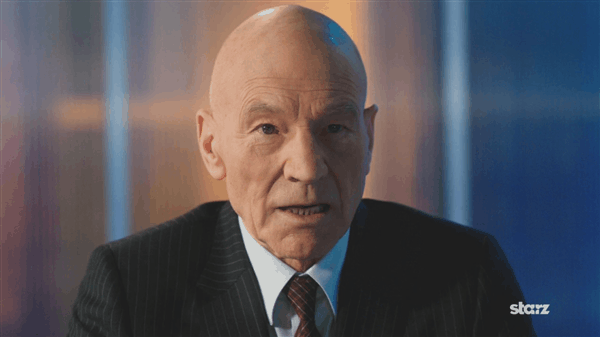entremet
Member
Portugal had one of the worst heroin epidemics in the Western world. At one point in the 1990s, a staggering 1% of the population was addicted to heroin. Overdoses were rampant, and drug-related deaths from AIDS were the highest in the European Union.
Reeling from a dire public health crisis and seeing no results from a conventional war on drugs, the Portuguese government decided it had to chart a new course, and in 2001 it decriminalized the possession of all drugs. People caught with less than a 10-day supply of a drug are directed to "dissuasion commissions," usually composed of a lawyer, a doctor and a social worker, who recommend treatment or a minor fine. Most of the time, someone who sits before a dissuasion commission faces no penalty whatsoever.
Since Portugal decriminalized drugs 14 years ago, governments and drug policy experts around the world have scrutinized data about drug use coming out of the country. Studies in recent years suggest their grand experiment has been a success. Still, 14 years is a small window to measure a massive policy, and any new information is critical for fleshing out the nature and effects of decriminalization.
Data from the European Monitoring Center for Drugs and Drug Addiction, reported recently by the Washington Post, does just that. According to the center's 2015 report, Portugal has the second-lowest drug overdose rate of every European country measured in the report. Finding Portugal in the chart below will require a bit of scrolling:
Treating drug use as a disease: When Portugal decriminalized drugs, it handed drug control from the Justice Department to the Ministry of Health, a change that captures the seismic shift in the country's perception of drug use. Drug addiction was not to be considered a moral or legal problem but a health challenge. As João Goulão, the architect of Portugal's decriminalization model, told Hari, "using drugs is only a symptom of some suffering, and we have to reach the reasons." The Portuguese approach to ascertaining those reasons is the way a doctor tries to screen for disease.
https://mic.com/articles/120403/14-...y-portugal-s-experiment-has-worked#.LN7hTE9bC
Note: decriminalizing refers to drug use. Selling and distribution is still a crime in Portugal.
Let's get this done in the rest of the world, guys and gals.
At least in my country, the US, it's gonna be extremely hard due to the prison lobby, DEA, etc., but we've gotta be persistent.
Sadly, the opiate epidemic is continuing to rise in the US as well.



